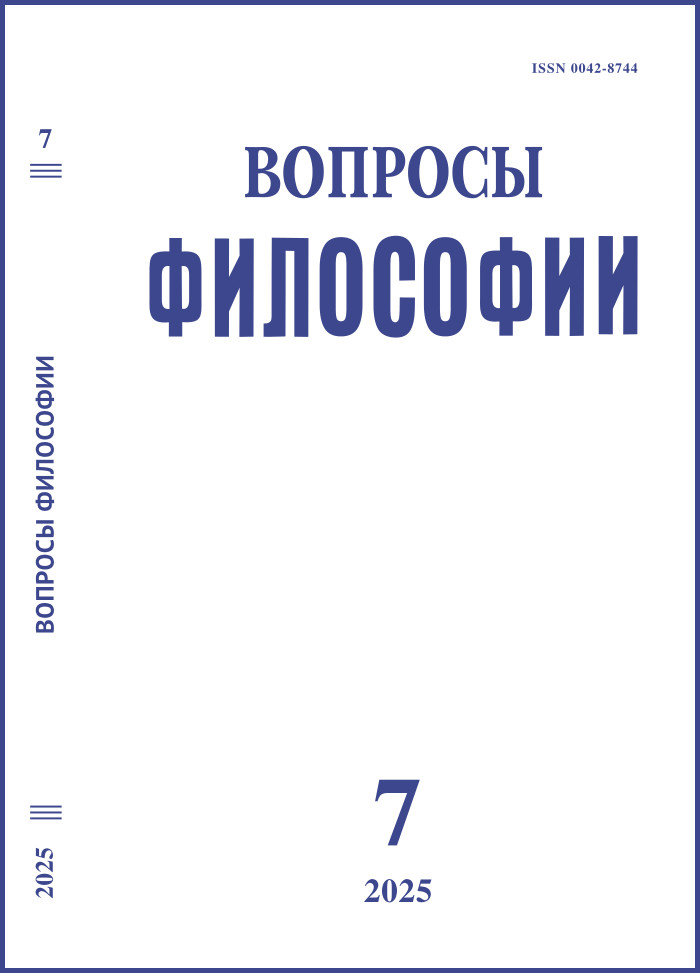Anthropocentrism, Christianity and the Origins of the Ecological Crisis Part I. What Does It Mean (not) to Be an Anthropocentric?
DOI:
https://doi.org/10.21146/0042-8744-2025-7-192-203Keywords:
environmental ethics, human chauvinism, interspecific egalitarianism, Lynn White, Peter Singer, intellectual history of the WestAbstract
Anthropocentrism is a concept widely used in environmental and animal ethics. It is most often interpreted there as a type of vicious discrimination of non-
human forms of life, identified with speciesism and human chauvinism. Christianity is often recognized as the historical root of anthropocentrism in Western culture, and therefore it is found responsible for the ecological crisis and the oppression of animals in the West. The aim of this article is to criticize this understanding of anthropocentrism and propose its alternative interpretation free from the burden of radical-left, egalitarian ideology, giving a more complex and correct image of the notion. It is proved that anthropocentrism is not reduced to reprehensible discrimination, as it indicates an inevitable feature of our thinking. Accordingly, the development of an optimal system of ethics friendly to the environment and other forms of life implies a rejection not of anthropocentrism, but of human chauvinism: they are not reducible to each other. Meaning the innate cognitive perspective inherent in humans, anthropocentrism is fundamentally independent of Christian or other religion. Its erroneous association with Christianity has arisen as a result of the non-distinguishing of cultural forms in which anthropocentrism manifested itself in the spiritual history of the West.

